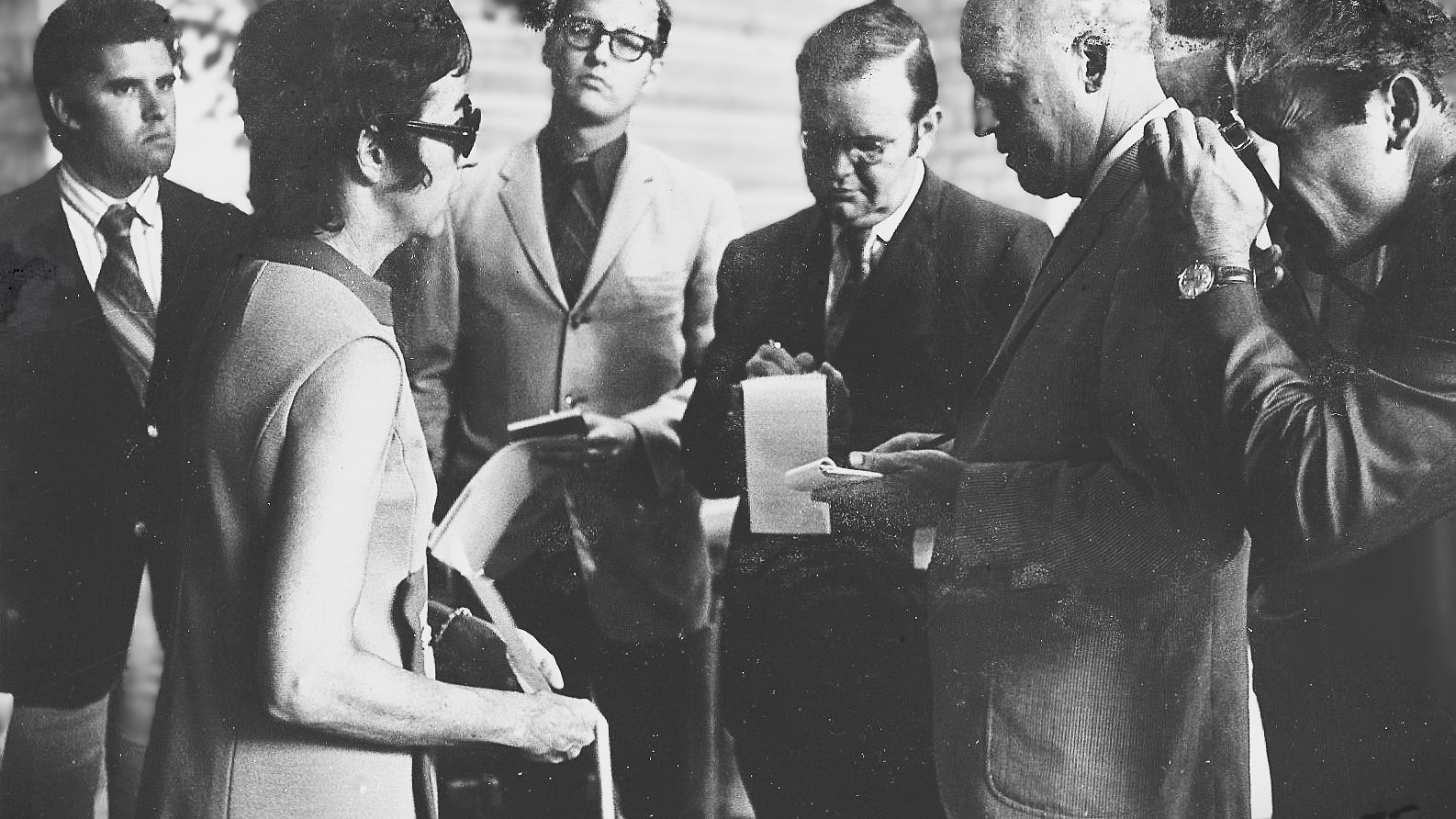Integrated training, smart data and shrewd selling: why Sunderland are thriving

Lunchtime has arrived and Sunderland’s training ground canteen is alive with laughter. Animated chatter fills the air as players from the men’s and women’s teams share a series of tables and booths spread around the sort of light, bright, open-plan space adored by interior designers.With the walls adorned by a mix of modern art and flat-screen televisions, and the coffee machines suitably complicated, it could almost be part of an international big tech company campus; only the club tracksuits give the game away.The sight of senior male and female professionals swapping ideas and gossip might horrify those Premier League managers who still believe men’s and women’s teams should be strictly segregated but these days Sunderland are not exactly a conventional club.Régis Le Bris, the head coach, fully supports training ground integration but, even if he opposed it, the current setup is regarded as a “non negotiable” within a hierarchy spearheaded by Sunderland’s 28-year-old owner, Kyril Louis-Dreyfus, and the 46-year-old sporting director, Kristjaan Speakman.With Le Bris’s promoted side seventh in the Premier League before Saturday’s trip to Nottingham Forest and Melanie Reay’s women second in WSL2, quite a lot is going right at a club whose men emerged from a four-season League One “sabbatical” only three years ago.If the unseasonably chill wind and rain beating against the windows serves as a reminder that the North Sea lies a mile to the east, those inside the Academy of Light training complex seem well insulated. The turbulence portrayed so excruciatingly in the tragi-comic Netflix documentary series Sunderland ’Til I Die has passed.With hindsight, the two straight relegations that plunged Sunderland from the top flight to the third tier offered Louis-Dreyfus a helpfully blank canvas on taking the helm in 2021. As an insider puts it: “The plane had crashed; rebuilding from scratch was the only option.”Piecing the fuselage together initially proved far from easy, mistakes were made and, in the four years preceding Le Bris’s appointment in June 2024, five “permanent” appointees filled the club’s apparently increasingly toxic managerial tracksuit.Yet along the way Sunderland became something of a role model for accountants specialising in assisting clubs anxious about remaining on the right side of the Premier League’s profit and sustainability rules. Last season’s promotion was secured with not merely the Championship’s youngest side – average age 22 – but the second tier’s 14th-highest wage bill. Throw in a frequently heavily populated 49,000-capacity stadium and the financial framework became increasingly PSR compliant.Moreover, Sunderland seemed newly adept at the essential art of selling well. While Jack Clarke cost Ipswich £15m in 2024, this summer heralded Jobe Bellingham’s departure to Borussia Dortmund for £32m while, immediately after scoring the winning goal in the playoff final, Tommy Watson joined Brighton for £10m.It left Sunderland able to re-invest heavily as they undertook a radical squad rebuild, outbidding Leeds for the midfielders Habib Diarra and Noah Sadiki. In all there were 17 summer departures during a close season featuring the arrival of 15 players for a combined £167.1m. With the plane already off the ground, the vital, final stages of its expensive refit took place in mid-air.With a calm and above all skilled pilot required, Le Bris’s contract was quietly improved and extended. This time last year the studious Breton was little known in English football circles and had been a first-team manager for only two seasons at Lorient, with the second ending in relegation from Ligue 1.The now 49-year-old had spent most of his coaching career in France running Lorient’s highly regarded academy before graduating to managing the reserves and then the first team.Tellingly, Speakman’s previous 15-year stint at Birmingham had been spent largely in charge of an academy that produced Jude and Jobe Bellingham and he deliberately tracked potential Sunderland managers possessing extensive experience in junior football.Given that Sunderland’s vision involves blending homegrown academy players with undervalued or underappreciated imported talent, their head coach needs to be much more than simply a skilled motivator.Jobe Bellingham’s signature for a modest £1.5m in 2023 and subsequent club-record sale to Dortmund is a prime example of Le Bris’s ability to translate raw promise into high resale value. As dearly as Speakman – a close family friend of the Bellinghams – would have loved to keep Jobe, his exit showcased the club’s re-positioning as a magnet for gifted youngsters seeking a stepping stone towards Europe’s elite.Sunderland’s recruitment model combines advanced data analytics with more traditional “naked eye” scouting seen as vital in providing the tactical context pure data struggles to provide. They are one of the few clubs to employ a sporting director [Speakman] and a director of football [Florent Ghisolfi] but the extensive contacts book Ghisolfi assembled during his roles at Nice and Roma is proving an invaluable recruitment weapon.It certainly helped facilitate the arrival of several of this summer’s influx of players, including Nordi Mukiele, Diarra, Brian Brobbey, Robin Roefs, Omar Alderete and Granit Xhaka from Paris Saint-Germain, Strasbourg, Ajax, NEC, Getafe and Bayer Leverkusen respectively.All prospective newcomers are sent a short, slick video offering a résumé of Sunderland’s illustrious history and their renascent standing as one of European football’s most compelling narratives.If that does the trick, further presentations highlighting the club’s recently expensively upgraded facilities and explaining Le Bris’s playing philosophy – a mantra big on passing triangles, counter-pressing, positional fluidity and off-the-ball discipline – follows.Louis-Dreyfus sometimes assumes a personal role in persuading players to join.The days when the club’s former centre forward-turned-chairman Niall Quinn likened life at Sunderland to a “magic carpet ride” may be long gone but Louis-Dreyfus, a French-Swiss trust fund billionaire, understands the power of storytelling, and he has become a dab hand at capturing imaginations by selling the prospect of a career-enhancing adventure.Tellingly, Xhaka, the Switzerland captain and former Arsenal midfielder, became sold on Sunderland during personal chats with the owner. He was apparently particularly impressed to be handed Louis-Dreyfus’s 10-year club business plan.At 32, Xhaka provides an invaluable source of leadership and appears on a mission to implement that blueprint’s aim of turning Sunderland into Premier League top-10 regulars. As Le Bris’s captain, his dressing room speeches variously address, among other things, the imperative to “suffer together,” “stay humble” and “control anger”.In French, Le Bris means “breakage” but his success on Wearside has been all about building connectivity on the pitch and harmony off it.Whereas many new managerial appointees arrive at clubs complete with an entourage of trusted assistants, he travelled solo. “I came alone without any collaborators,” says a head coach hired only after Will Still turned down Louis-Dreyfus.Although impeccably polite and refreshingly humble, Le Bris possesses a ruthless streak. He has coached Enzo Le Fée since the playmaker’s childhood and fought hard to sign him from Roma for £20m, but had no hesitation in holding a “tough” conversation with his protege and briefly dropping him after pre-season underachievement in central midfield. Now Le Fée is back in the starting XI and playing well, albeit in his less favoured left-wing role.Le Bris’s backroom team was reinforced during the summer with the arrival of two assistants in the Italian Luciano Vulcano, previously a coach at Milan and Inter, and the Spaniard Isidre Ramón Madir, whose CV features coaching stints with Barcelona, Paris Saint-Germain and Spain.James Brayne, a specialist set-piece guru poached from Charlton and currently helping choreograph Mukiele’s opponent-disrupting long throws, is proving to be yet another key addition.Yet if it is a case of so far, so good, Speakman and co know all about football’s inherent fragility; they remember Swansea and Southampton becoming flavour of the month only to crash and burn. Nonetheless, with Le Bris and Xhaka around, the case for cautious optimism remains convincing. “For me, Régis is monsieur, a la Arsène Wenger,” says the latter, a former Wenger disciple. “Régis is a remarkably thoughtful coach; what he says makes sense. He’s a very relaxed, matter-of-fact person. The way he’s managed so many personnel changes this summer … hats off to him.”









